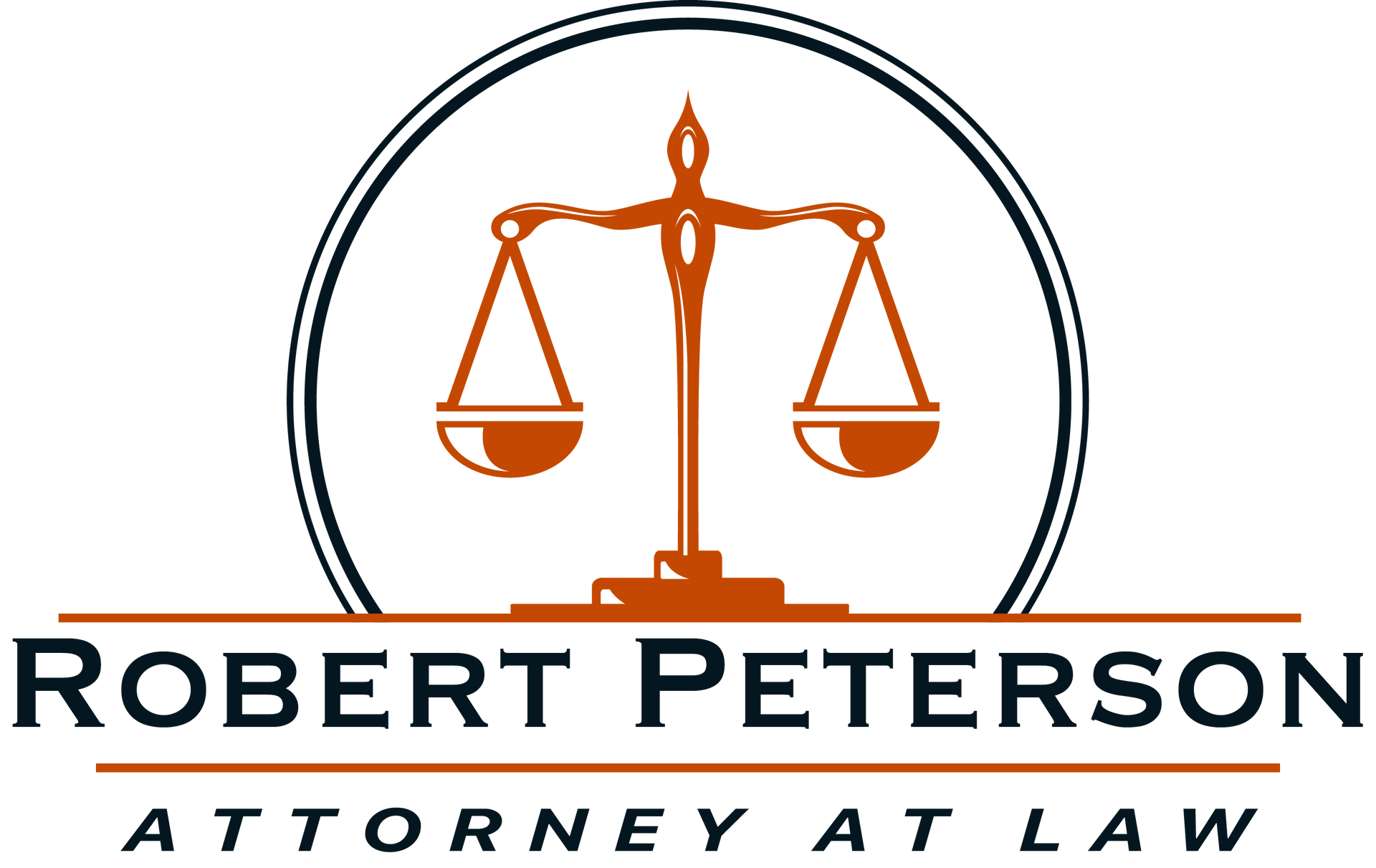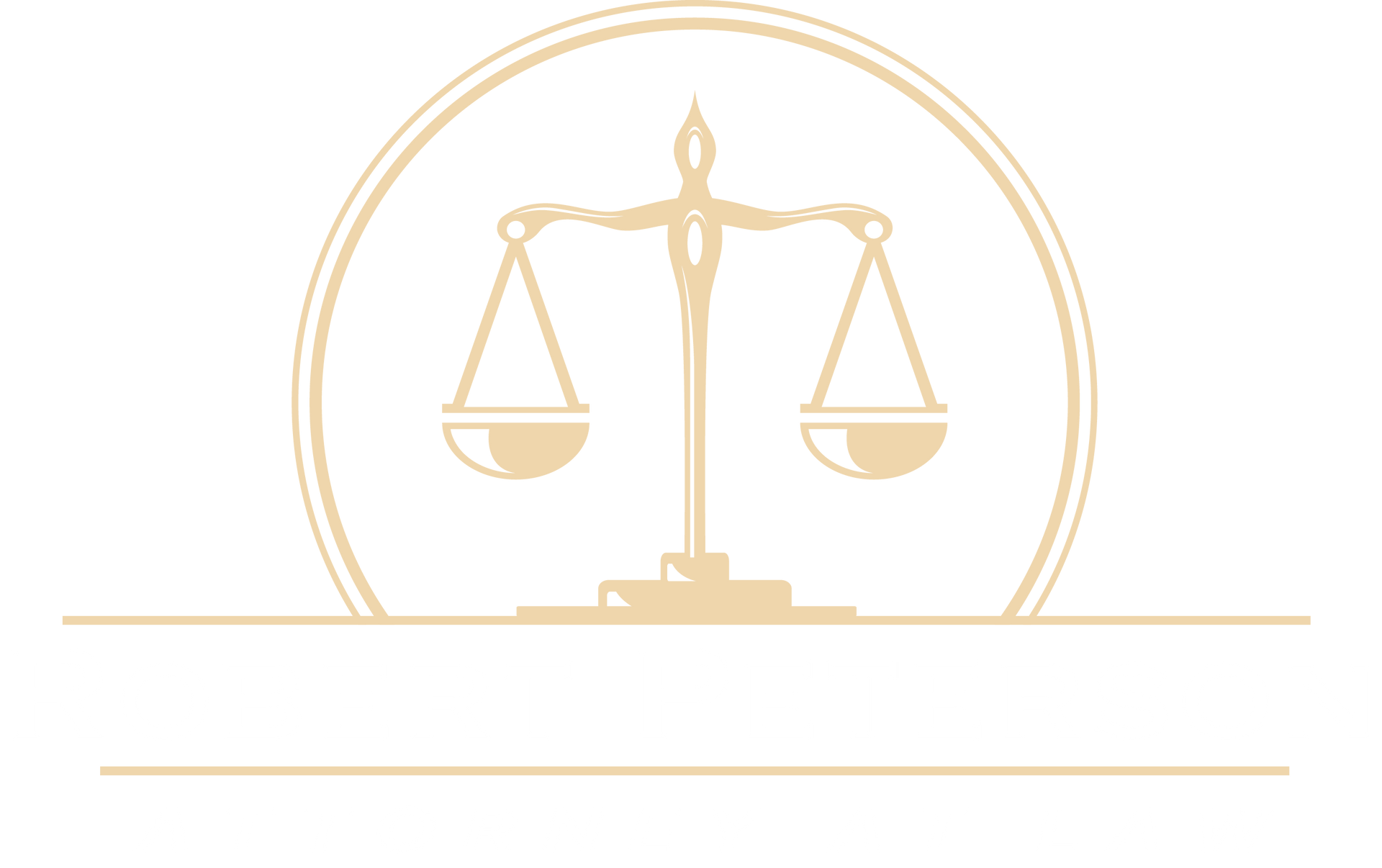Juvenile Law
Juvenile law deals with legal matters involving minors, including delinquency, neglect and abuse, adoption, guardianship, and conservatorship. This area of law is designed to address the unique needs and circumstances of children and adolescents, with a focus on rehabilitation rather than punishment. Juvenile offenses can range from minor infractions, such as truancy and underage drinking, to more serious crimes like theft, assault, operating zero tolerance, and drug-related offenses. The juvenile justice system aims to provide guidance and support to help young individuals get back on the right track, while also ensuring their safety and well-being in cases of neglect or abuse.
Navigating the juvenile justice system can be complex and emotionally challenging for both minors and their families. The process involves multiple stages, including investigation, detention hearings, adjudication, disposition, and post-disposition. Each stage requires careful attention to legal procedures and the rights of the minor. Without knowledgeable legal representation, families can feel overwhelmed and uncertain about the best course of action. A skilled juvenile law attorney provides invaluable support by advocating for the minor's best interests, ensuring their rights are protected, and developing a tailored strategy for each unique case. Whether dealing with delinquency, seeking guardianship, or navigating the adoption process, having an experienced advocate can make a significant difference in achieving a positive outcome for the child's future.
-
Delinquency
Delinquency in juvenile law involves illegal acts committed by minors, ranging from minor infractions like truancy and vandalism to serious crimes such as theft and assault. The juvenile justice system focuses on rehabilitation rather than punishment, aiming to guide young offenders toward positive changes and societal reintegration. The process includes stages like detention hearings, adjudication, and disposition, determining measures such as probation, community service, counseling, or juvenile detention. A skilled juvenile defense attorney is crucial, advocating for the minor's rights, minimizing the impact of charges, and securing outcomes that prioritize the child's long-term well-being and development.
-
Neglect & Abuse
Neglect and abuse in juvenile law refer to situations where a child's physical, emotional, or psychological well-being is at risk due to inadequate care or harmful treatment by parents or guardians. These cases often involve investigations by child protective services, court hearings, and interventions designed to ensure the child's safety and welfare. The legal process aims to protect the child from further harm, which may include removing the child from the home and placing them in foster care or with a relative. A skilled attorney is essential in these cases to advocate for the child's best interests, ensure their rights are protected, and work towards a resolution that provides a safe and stable environment for the child's development.
-
adoption
Adoption can be in juvenile law or under the adoption code, and involves the legal process of permanently transferring parental rights and responsibilities from a child's biological parents to adoptive parents. This process includes several steps, such as home studies, background checks, court hearings, and finalization. Adoption aims to provide a stable, loving home for children who cannot remain with their biological families. A skilled attorney plays a crucial role in navigating the complexities of the adoption process, ensuring compliance with legal requirements, protecting the rights of all parties involved, and facilitating a smooth transition to the new family. The goal is to create a permanent and supportive environment where the child can thrive.
-
Guardianship
Guardianship under the probate code involves the legal appointment of an individual to care for a minor or disabled person when the biological parents are unable or unwilling to do so or the person is unable to care for himself/herself. This process ensures that the child’s / disabled person's physical, emotional, and financial needs are met by a responsible guardian. The legal procedure for establishing guardianship includes filing petitions, undergoing background checks, and attending court hearings to assess the suitability of the prospective guardian. A skilled attorney is essential in guiding guardians through this process, ensuring all legal requirements are met, advocating for the child’s/disabled person's best interests, and securing a stable and supportive environment for the child's upbringing or life of the disabled individual.
-
Conservatorship
Conservatorship under the probate code involves the legal appointment of an individual or entity to manage the financial affairs and assets of a minor of disabled individual who cannot do so themselves. This process is necessary when a minor or disabled person inherits significant assets, receives a settlement, or has other financial interests that require careful management. Establishing a conservatorship includes filing petitions, court evaluations, and ongoing reporting to ensure the minor's/disabled person's financial interests are protected and responsibly managed. A skilled attorney is crucial in navigating the complexities of conservatorship, ensuring legal compliance, advocating for the minor’s/disabled person's best interests, and providing guidance to the conservator in managing the minor’s/ disabled person's financial matters effectively and responsibly.






